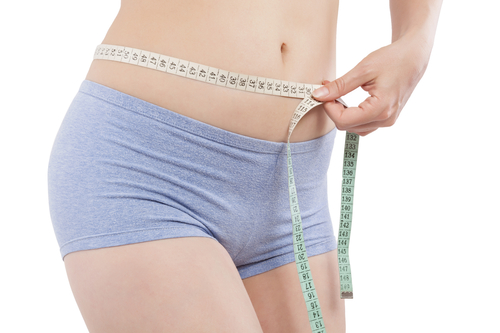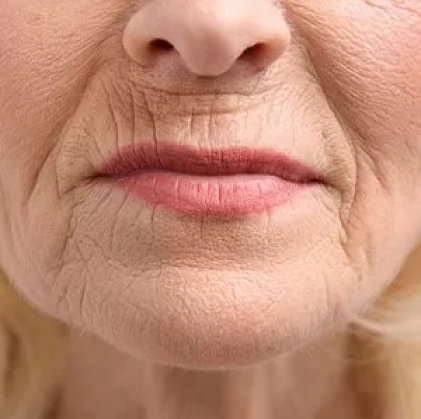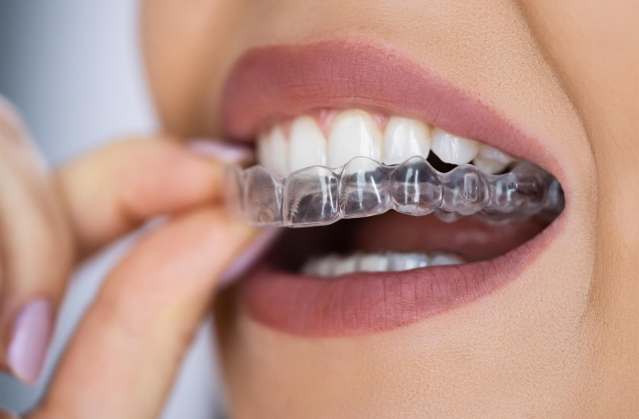- We gain almost twice as much weight as we think, according to a New England Journal study.
- Aesthetic Medicine professionals are those who achieve the best results in reducing fat and obesity, preserving health and well-being and with lasting results over time.
During the Christmas holidays, most people have made changes to their eating routines to enjoy the much desired family meals and dinners that enrich these endearing holidays. However, the scientific publication New England Journal of Medicine reported on an interesting study in which it was proposed to find out the differences between weight gain that citizens estimate they will earn during the Christmas period and the weight they actually gain.
The participants in this study thought that their weight would increase an average of 2.3 kilos during the festivities, although the predictions provided ranged from a minimum of 2 to a maximum of 5 kilos, more than double. This reference publication also highlighted that those who gained the most weight were those who at the beginning of the experiment were already overweight.
It is not surprising that many people immediately want to recover the nutritional balance and weight by applying various diets and remedies of all kinds. One of these diets is what is called Detox, in many cases, without a prescription and medical control, which aim to “detoxify” the body through food products and by-products and reducing the intake of certain foods. This fact can seriously harm health due to an excessive and sudden loss of proteins, sugars and carbohydrates. A minimum consumption of 70 grams of protein per day, 100 grams of carbohydrates and 10 of essential fatty acids, vitamins and minerals is essential.
The truth is that for a correct assessment of the patient, an analytical control is necessary, a diagnosis of body comparison, first evaluating the patient's fat mass, body water content, muscle mass and basal metabolism using impedancemetry. The food intolerance analysis is also a very useful tool to develop a specific diet for the patient.
Only in this way can it be prescribed an ideal diet for each person that maximizes weight reduction results -mainly through the elimination of fats- that is lasting over time and, above all, that preserves the health and well-being of users.



